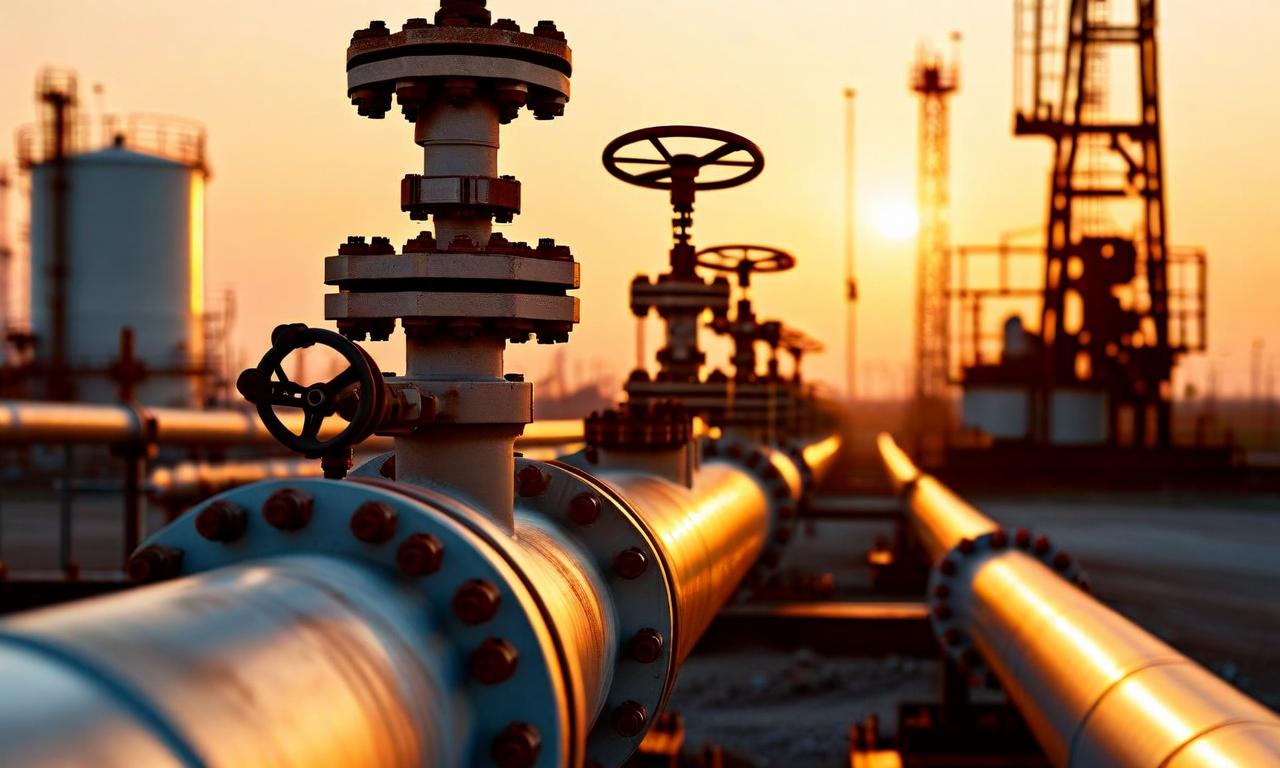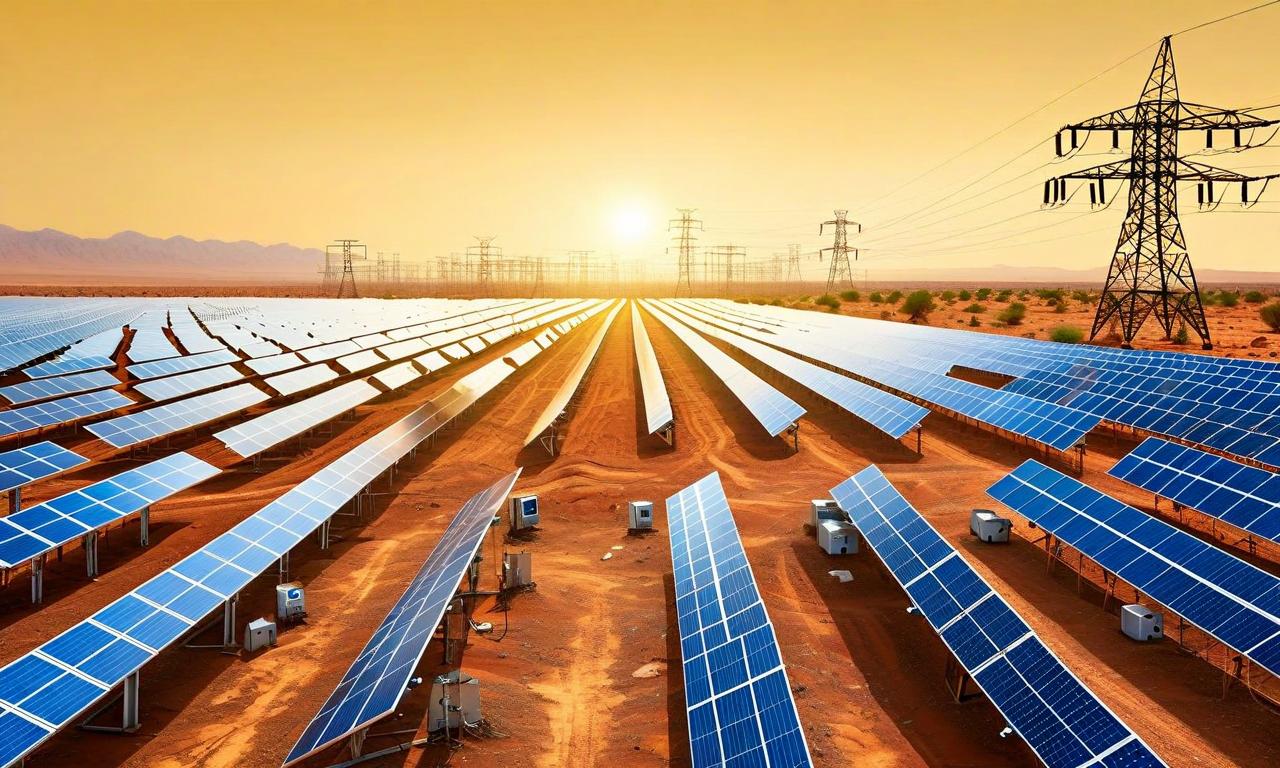Lukoil to Divest International Assets Amid US and UK Sanctions
Lukoil PJSC, Russia's second-largest oil producer, plans to divest its international assets in response to US and UK sanctions related to Russia's involvement in Ukraine. The company is considering bids under a wind-down license from OFAC, which it may seek to extend. Lukoil's international portfolio includes upstream businesses in seven countries, 5,300 retail fuel stations across 19 countries, and refineries in Europe. This significant divestment could have major implications for the global oil and gas market.

*this image is generated using AI for illustrative purposes only.
Russia's second-largest oil producer, Lukoil PJSC, has announced plans to sell its international assets following sanctions imposed by the United States and the United Kingdom. This move comes as part of the company's response to the increasing pressure from Western countries in relation to Russia's involvement in Ukraine.
Divestment Process
Lukoil is currently considering bids from potential buyers for its international assets. The company is conducting this divestment process under a wind-down license from the US Treasury's Office of Foreign Assets Control (OFAC). In a statement, Lukoil expressed its readiness to seek an extension of this license to ensure uninterrupted operations during the transition.
Sanctions Background
The sanctions on Lukoil were imposed by the Trump administration, along with similar measures against state-controlled Rosneft. These actions were part of broader efforts to pressure Russia to end the conflict in Ukraine. The United Kingdom has also blacklisted both Lukoil and Rosneft as part of its sanctions regime.
Lukoil's International Presence
Lukoil's decision to sell its international assets will have a significant impact on its global operations. The company's international portfolio includes:
| Asset Type | Countries |
|---|---|
| Upstream Businesses | Kazakhstan, Uzbekistan, Azerbaijan, Iraq, Cameroon, Nigeria, Ghana |
| Retail Fuel Stations | 5,300 stations across 19 countries |
| Refineries | Various locations in Europe |
This extensive international presence underscores the magnitude of the divestment plan and its potential implications for the global oil and gas market.
Implications and Outlook
The sale of Lukoil's international assets marks a significant shift in the company's global strategy. As one of Russia's largest oil producers, this move could have far-reaching consequences for the international energy landscape. The success and speed of the divestment process may depend on various factors, including the geopolitical climate, potential buyers' willingness to acquire these assets, and the ongoing developments in the Ukraine conflict.
As the situation unfolds, stakeholders in the global energy sector will likely be closely watching the impact of these sanctions and Lukoil's divestment on international oil markets and geopolitical dynamics.




























